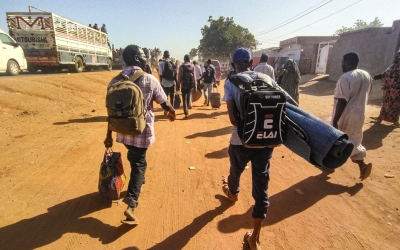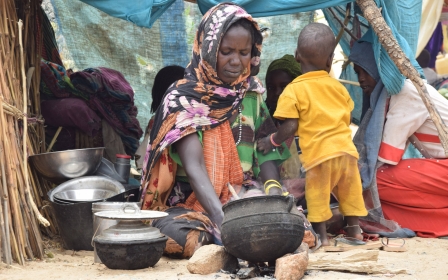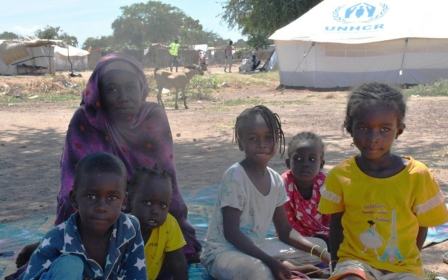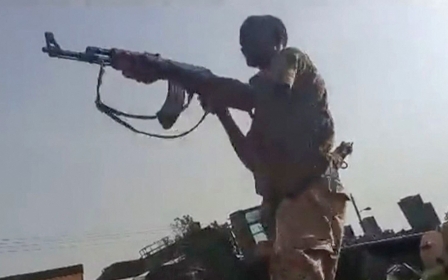Sudan: RSF captures Wad Madani, second biggest city in country
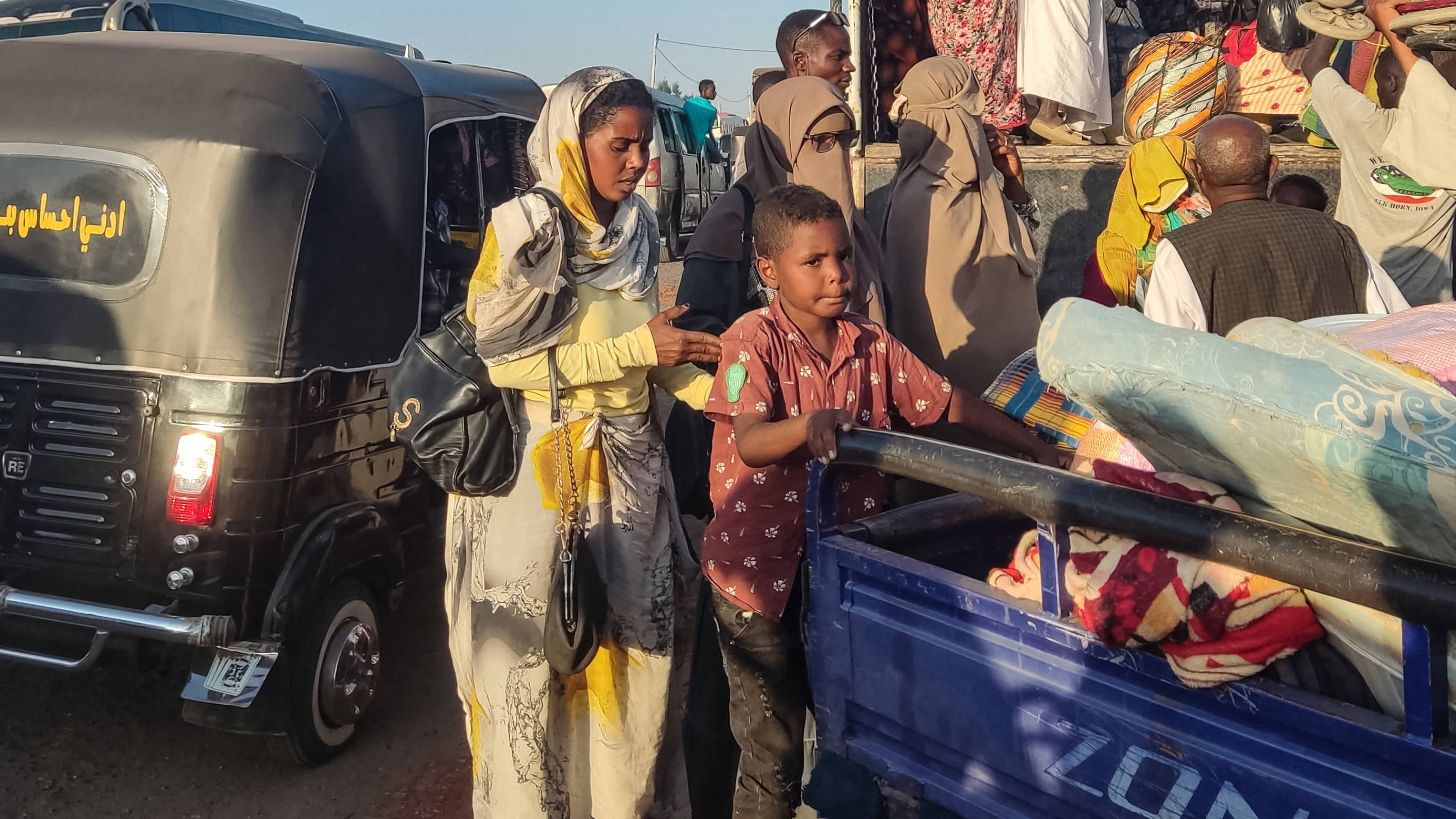
The paramilitary Rapid Support Forces (RSF) has seized Wad Madani, Sudan's second city, setting up a base in the former safe haven where hundreds of thousands of internally displaced civilians have been sheltering since the start of the war.
The RSF's advance against Sudan's army in el-Gezira state, in Sudan's southeast, comes after the paramilitary had already taken control of four of Darfur's five states, most of Khartoum, and parts of Kordofan.
The paramilitary announced on X, formerly Twitter, on Monday that it had taken control over the army's First Infantry Division in Wad Madani.
It said its "operation included the liberation of the central reserve camp and the strategic Hantoob Bridge from the eastern side".
The offensive on Wad Madani, el-Gezira's state capital, started late last week, with RSF forces riding in with hundreds of weapons-mounted vehicles.
New MEE newsletter: Jerusalem Dispatch
Sign up to get the latest insights and analysis on Israel-Palestine, alongside Turkey Unpacked and other MEE newsletters
The RSF had approached from Khartoum in the north and west, as well as eastern routes through al-Butana, according to residents who spoke to Middle East Eye over the weekend.
Sudanese army warplanes and drones had hit back with intensive air strikes. However, on the ground, residents of al-Junaid, al-Kamleen, al-Hasahisa and other villages on the road between Khartoum and Wad Madani said there was no sign of Sudanese army resistance or even presence as the RSF vehicles charged through the state.
The attack has sown panic among el-Gezira's residents and its displaced, forcing thousands to flee the city that had become an aid hub since the start of the war in April between army chief Abdel Fattah al-Burhan and his former deputy, RSF commander Mohamed Hamdan Daglo, known as Hemeti.
Hassan Ali, a resident of al-Hilaliya, 30km from Wad Madani, said that hundreds of vehicles entered his village and neighbouring settlements as they swept towards the state capital.
"It was hundreds of vehicles and thousands of fighters. They entered our village, intimidating the people with intensive firing in the air, which wounded several civilians," he told MEE by phone.
Almost six million people live in el-Gezira, 500,000 of whom are people displaced by the fighting in Khartoum. El-Gezira, which lies between the White and Blue Niles, acts as Sudan's breadbasket, so the attack places greater strain on the country's food security.
Between 250,000 and 300,000 people have fled the city in four days, according to the International Organisation for Migrations.
"Many on foot as they try to spare their lives. The horror in Sudan continues. Where are people going to go?" Sofie Karlsson, the spokesperson for the UN Office for the Coordination of Humanitarian Affairs, tweeted on Tuesday.
The United Nations and other local and international aid organisations have left Wad Madani and suspended their operations in the state, the UN told Middle East Eye.
The RSF has also overran the town of Rufaa, pressing deeper into el-Gezira state, 40 kilometres north of Wad Madani, where it said its forces have seized the army headquarters, the police office, and the hospital after fighting that "lasted for one hour".
At least 12,190 people have been killed in the war, in which both sides have been accused of indiscriminately bombing residential areas, according to conservative estimates by the Armed Conflict Locations and Events Data project.
Around 5.4 million people have been internally displaced and over 1.3 million Sudanese have fled abroad during the conflict, according to the UN.
Middle East Eye delivers independent and unrivalled coverage and analysis of the Middle East, North Africa and beyond. To learn more about republishing this content and the associated fees, please fill out this form. More about MEE can be found here.


